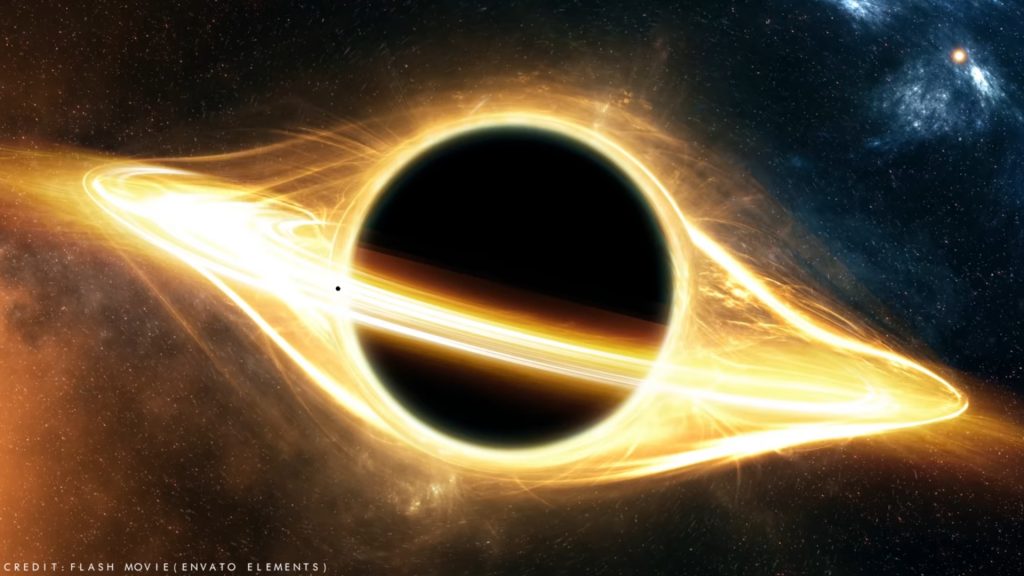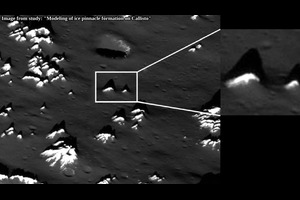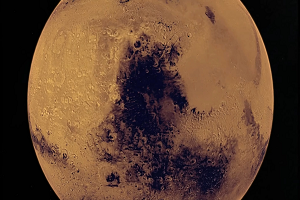Once the famous astrophysicist Neil deGrasse Tyson put it briskly that if a black hole visits us, it would be a very bad day for our entire solar system. After all, there’s hardly anything worse than the ability to be broken into atoms. We are used to thinking that black holes are somewhere far away in other parts of the universe, but what if one of them literally appears in our solar system?

A black hole is formed when a really massive star gravitationally collapses under its own weight. What makes black holes strange is that they have a huge amount of matter packed into a very small volume being so compressed gives them an incredibly strong gravitational pull that not even light can escape a black holes grab. Now, if you get too close to a black hole you yourself would get compressed to an infinitely small dot. The nature of a black hole born from the core of a dead star depending on the Stars initial mass, it could light up once by exploding or degenerating and collapsing into a black hole that eats up everything around it.
Black holes come in many sizes but there are three main types that are distinguished by mass and size. The smallest black holes are called ‘Primitive Black Holes’. Scientists believe that this kind of black hole is as small as a single atom but has the mass of a large mountain.
The most common medium-sized black hole is called ‘Stellar Black Hole’. The mass of a stellar black hole may be twenty times larger than the mass of the Sun but can fit in a ball of 16 kilometers in diameter. Dozens of these black holes could exist in the Milky Way.
The largest black holes are called ‘Supermassive Black Holes’. This type of black hole carries a mass 1 million times more massive than the Sun with a diameter about the size of our whole solar system. There’s ample evidence that every major galaxy contains a supermassive black hole at its center. The supermassive black hole at the center of our galaxy the Milky Way is called ‘Sagittarius A’.
There’s one thing that people want to know when it comes to a black hole, what happens if you fall into a black hole? A black hole entering our solar system would not be good news but just how bad would it be? The extent of the havoc that a single black hole would wreak on the solar system depends on how big that black hole was and how far into the solar system.
If we are talking a supermassive black hole like the one residing at the center of our Milky Way galaxy our chances of survival are slim. If you ever chose to fall into a black hole, never choose the tiny ones over the large ones. Tiny black holes would exert different amounts of force on your legs and your head, therefore tear you apart and stretch your body like spaghetti.
On the other hand supermassive black holes would exert almost the same force on your entire body and you would enter the black hole without any difficulty. As you fall into a supermassive black hole, you would start experiencing the strong gravitational pull of the black hole. Within a short time you would be accelerated to speeds close to the speed of light. However, for your friends that are observing your journey from the outside, they would see you falling into the black hole in slow motion as you approach closer and closer to the event horizon of the black hole, time would slow down for you.
Since time completely stops at the event horizon of the black hole, your friends would ultimately see you freeze at the event horizon, but for you time would pass normally. As you cross the event horizon, something very strange would happen. If you look towards the center you will see every object that is fallen into the black hole before your journey commenced and if you look backward you will see everything falling into the black hole behind you. In other words, you will be able to see the entire history of that spot in the universe simultaneously from the Big Bang to the distant future. This will continue until you have reached the singularity of the black hole where either you get crushed by the infinite gravity at that point or you get transported to a parallel universe.


